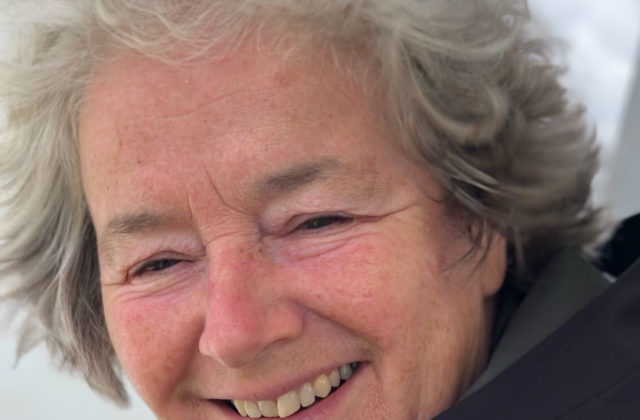Food and/as refuge: how refugees use foodways to make belonging
Research Question
This project investigates how refugees – people who have had to flee from their country and whose default ‘home’ has become unavailable – use food to create ways of belonging.
Project Description
This project investigates how refugees – people who have had to flee from their country and whose default ‘home’ has become unavailable – use food to create ways of belonging somewhere, somehow. Although the study of foodways is a lively and interestingly multi- and interdisciplinary field, and much attention has been payed to foodways as constitutive of identity, ethnicity, and nationality, much of this research tends to a. be against the context of homes/countries not permanently lost (migration); b. focus on the symbolic nature of food; c. therewith often ignoring or taking for granted the ways in which in particular refugee-foodways (as there is little else that can travel with them) may also be affective, material and embodied. Which are, then, amongst the directions this project aspires to take.
The project set off as an ethnography of foodways, but due to Covid-19 this has not (yet) materialized; instead, so far, I have worked with ‘refugee cookbooks’, but although rich sources, in particular on loss and affect, they tend to be implicit on materialities and embodiments. The project will take this ethnographic turn a.s.a.p. – contacts have been established to this end.
Selected Publications
M. Akrich & B. Pasveer, (2004), Embodiment and disembodiment in childbirth narratives. Body & Society 10, 2-3, pp. 63-84.
Pasveer, B. (2019), Deadlines: doing times in Dutch hospice. Mortality 24(3), 319-332.
Pasveer, B. (2020), Home away from home. In: Pasveer, B., Synnes, O. & Moser, I. (eds), Ways of Home Making in Care for Later Life. London: Palgrave MacMillan, pp. 203-223.
